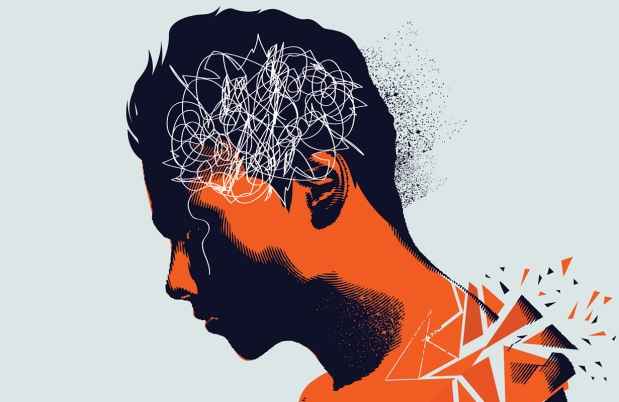Psychiatrist Andrew Gill, MD, sometimes begins his group therapy sessions by modifying the traditional Alcoholics Anonymous-style introduction. He instructs his patients to say: “My name is Joe, and I’m a human being—with a substance abuse problem,” instead of the traditional: “My name is Joe and I’m an alcoholic.”
It may sound like a subtle difference, but to Gill, it is at the heart of McLean at Naukeag in Ashburnham, Massachusetts—honoring the common humanity of all patients, with all of their complexities—and crafting approaches to addiction that are as individual as each patient. Gill, the program’s medical director, has been with Naukeag since its founding 13 years ago as a residential and partial hospital satellite of McLean.
Located nearly 60 miles west of McLean’s Belmont campus, the hospital established Naukeag after a 1994 community needs assessment pointed to a lack of substance abuse treatment services in North Central Massachusetts. McLean stepped in to fill the void. The program now attracts patients from every corner of Massachusetts and beyond. “That people come from all over the region and even from outside the state speaks to our reputation,” says William Krauss, LCSW, LMHC, program director. “While there are a number of things that set us apart, the primary one is that we provide individualized treatment. People walk in the door and we tell them that there is absolutely no one way to get well. Our job is to help them figure out what they need to do.”

Naukeag specializes in treating patients dually diagnosed with substance use addiction and psychiatric illness, thus staff members spend time teaching about the complex interplay between the two. Patients undergo psychotherapy, attend groups on topics ranging from anger management to relapse prevention, and, if necessary, work with Gill or associate medical director Aaron Frenz, MD, on finding the right medications.
Patients tend to connect with each other quickly and these new relationships can play an important role in their treatment, according to Krauss. “Some of this happens because of the sharing and intensity of the work and people no longer feeling alone.”
Both Krauss and Gill emphasize that the Naukeag staff, many of whom are longtime employees, are ultimately the ones who make the program so successful. They are a very diverse group, bringing a wide range of experiences to their work; some have been through similar programs themselves. “Some are battle-scarred and have learned how to use their own suffering to transform our patients’ pain,” says Gill. “Like blues musicians, they transform pain into healing.”
Media Requests
Journalist or member of the media? We are available 24/7 for media requests.



